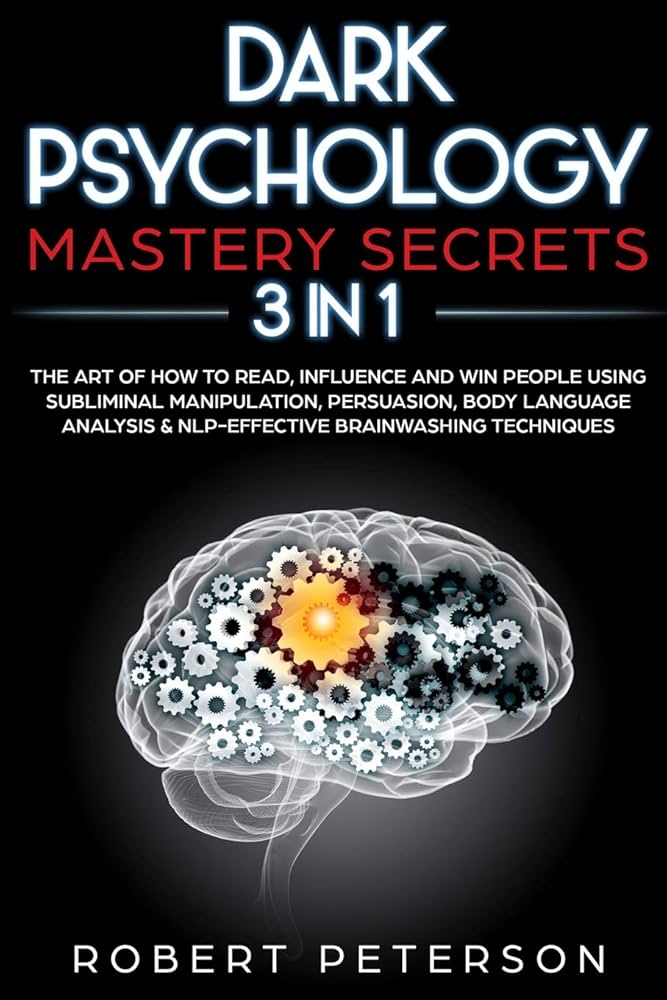
# The Swift Surge in Research Output: Ethical Considerations and Issues
## Introduction
In recent times, numerous universities around the globe have experienced a remarkable surge in research output. Chandigarh University in India stands out as a notable case, with its peer-reviewed publications skyrocketing from 362 in 2019 to 2281 in 2023—a breathtaking 530% increase. This significant leap has elevated Chandigarh University from below the 2000 mark in Elsevier’s **SciVal** ranking system to 578th place. While this growth may seem commendable, researchers have expressed concerns regarding possible ethical violations in the methods these institutions employ to achieve such significant advancements.
## Worldwide Trends in Research Output
Chandigarh University is part of a larger trend. A total of 80 universities globally have doubled their research output or more between 2019 and 2023—standing in stark contrast to the global average growth of about 20%. However, it is perplexing that at 14 of these universities, the rates of first authorship have dropped dramatically, with a significant rise in international collaborations.
Highlighting two points, six public universities in **Saudi Arabia** and private institutions in **India, Egypt, Iraq, and Lebanon** are among those showing these trends. The statistics indicate a clear disparity: research output has surged—by as much as 1457% in some instances—while first authorship, representing key contributions to research, has markedly decreased.
## Ethical Issues and Possible Misconduct
Although increased collaboration often signifies a robust research environment, experts caution that the scale of these discrepancies prompts concern.
**Dr. Lokman Meho**, an information scientist at the **American University of Beirut**, remarks that a drop in first authorship is expected when the volume of research publications rises sharply. Nevertheless, the magnitude of this drop at these institutions greatly exceeds what would normally be anticipated. Meho and his associate, **Elie Akl**, suspect that some institutions may be participating in unethical activities, such as:
### 1. **Gift and Purchased Authorship**
Certain researchers might be included as co-authors on publications without any genuine contribution, a practice referred to as **gift authorship**. In more severe instances, authorship roles may be **sold**, allowing faculty members to appear more productive than their actual output.
### 2. **Exploitation of Undergraduate Work**
At the **Saveetha Institute of Medical and Technical Sciences (SIMTS)** in Chennai, India, allegations have emerged that **Saveetha Dental College** has published undergraduate examination work as research papers, thus artificially boosting their publication figures.
### 3. **Self-Citations and Citation Networks**
Institutions accused of artificially enhancing their rankings may be involved in excessive self-citation and coordinated citation exchanges—often referred to as **citation networks**. These strategies mislead ranking systems into acknowledging deceptively high impact and productivity levels.
## The Influence of University Rankings
The drive to rise in prestigious global rankings like **Times Higher Education (THE), QS World University Rankings, and Elsevier’s SciVal** is substantial. A favorable ranking draws better faculty, more students, and increased funding, incentivizing institutions to emphasize publication quantity over research integrity.
**Elizabeth Gadd**, head of research culture and assessment at **Loughborough University**, insists that ranking agencies must scrutinize these irregularities more rigorously. She advocates for **better governance** of global ranking frameworks to deter institutions from engaging in unethical practices.
## Tackling the Issue: Suggested Solutions
### 1. **Revised Ranking Metrics**
To counter unethical behaviors, ranking agencies should:
– Prioritize **primary affiliations** over equally crediting all co-authors.
– Assess research quality instead of merely the number of publications.
### 2. **National and Institutional Audits**
Countries experiencing rapid growth in research output—like **Saudi Arabia, Pakistan, China, Egypt, and India**—also show high rates of **paper retractions** attributed to ethical breaches. **Achal Agrawal**, a data scientist and founder of the **India Research Watchdog**, believes that national authorities should execute **regular audits** of questionable institutions.
### 3. **Advanced Detection Tools and Transparency**
Sophisticated tools should be employed to identify unusual publishing patterns. More institutions and journals ought to require comprehensive author contribution statements to uphold accountability.
## Conclusion
Though the uptick in research output at various universities may signify academic advancement, issues surrounding **gift authorship, manipulated self-citations, and unethical publication tactics** demand closer examination. For universities, ranking entities, and governmental bodies, the challenge ahead is clear: to foster an academic atmosphere that promotes authentic research excellence rather than merely rewarding volume.
Establishing **stringent ethical standards, refining ranking methodologies, and encouraging genuine research contributions** will be critical in maintaining the credibility of scientific publishing.